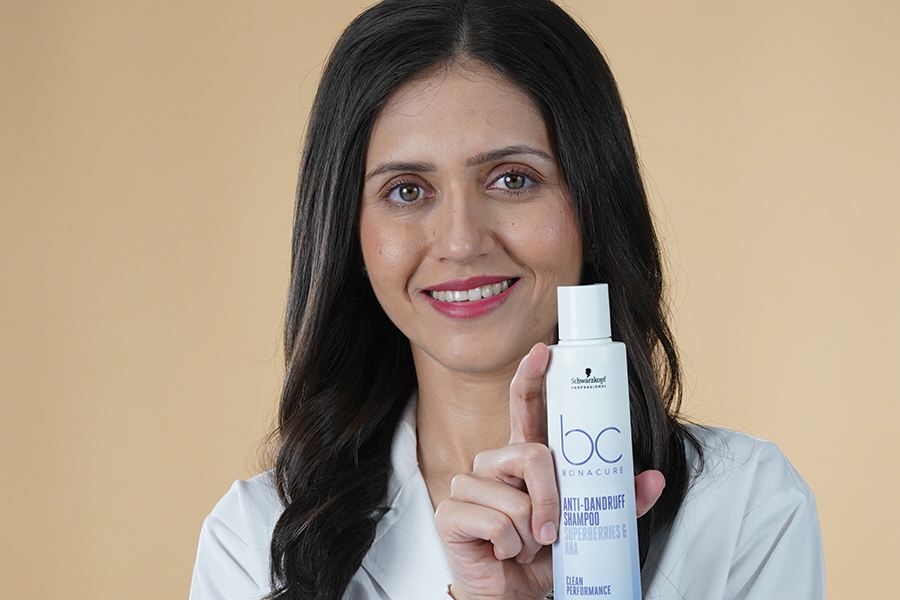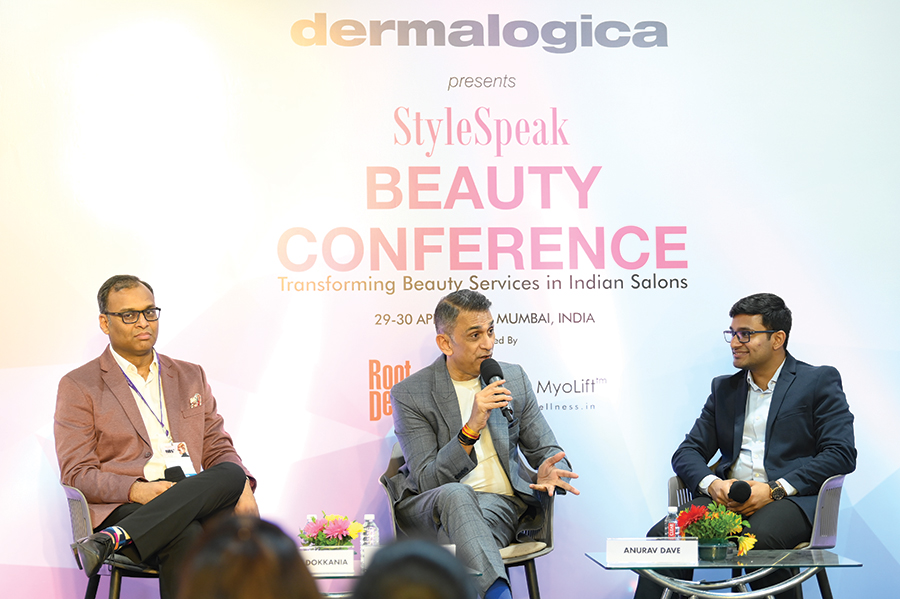Vaishali Shah talks about the prudence in the use of sunscreens to avoid effects of certain harmful ingredients.
Wearing sunscreen is vital to protect our skin. Following this, it is important to know about the harmful ingredients that many sunscreens have. Vaishali Shah, Founder & Education Head at LTA School of Beauty and Head of SkinPro Jury, HBS throws light on these points and tells us how these harmful ingredients can affect our skin and general health.
What is the importance of using sunscreen?
The sun has Ultraviolet rays A, B and C. The UV-A rays can penetrate into the epidermal layer thereby causing damage at a deeper level. The UVB rays causes tanning and hyper-pigmentation. A regular sunscreen generally has an spf (sun protection factor) that provides sun protection. An spf starting from 24 to 30 is ideal for Indian climate.
- Re-application of a sunscreen every 2-3 hours enhances the effectiveness
- PA++ provides protection against UVA rays
- Besides ageing and tanning, it also protects from developing skin disorders and cancer
Should sunscreen be used while staying indoors?
Although indoors, a well ventilated area will expose you to UVA rays, which can cause wrinkling, dryness, freckling and pigmentation.
- Apply sunscreen post 9:30 am as the early morning sun is a great source of Vitamin D
- Apply only on the exposed areas of the body
What are the most harmful ingredients found in sunscreens one must avoid and why?
Well, the whole fad is about using a sunscreen that’s light and superabsorbent
in the skin. However, some of the ingredients found in sunscreens are bioabsorbable and circulate in the blood causing false alarms that lead to hormonal imbalances. Although the list is long, here are a few harmful ingredients most commonly found in sunscreens.
Oxybenzone, Avobenzone and Cyclomethicone
- Mimic oestrogen hormone and can cause breast cancer
- Affect the endocrine system
“It’s important to take care and pamper yourself.”
Homosalate
- It is a potential hormone disruptor
Octocrylene
- Harmful for those with sensitive skin
- Causes severe skin reactions
Parabens
- Found in most skincare products
- Mimics oestrogen and causes cancers
What alternative and effective options would you suggest?
Physical sunscreens which contain zinc oxide and titanium dioxide are safe options. Reapply your sunscreen every 2-3 hours if you’re outdoors. Covering your skin well is very important. For good skin care I would say apply sunscreen everyday without fail and hydrate your skin well.







